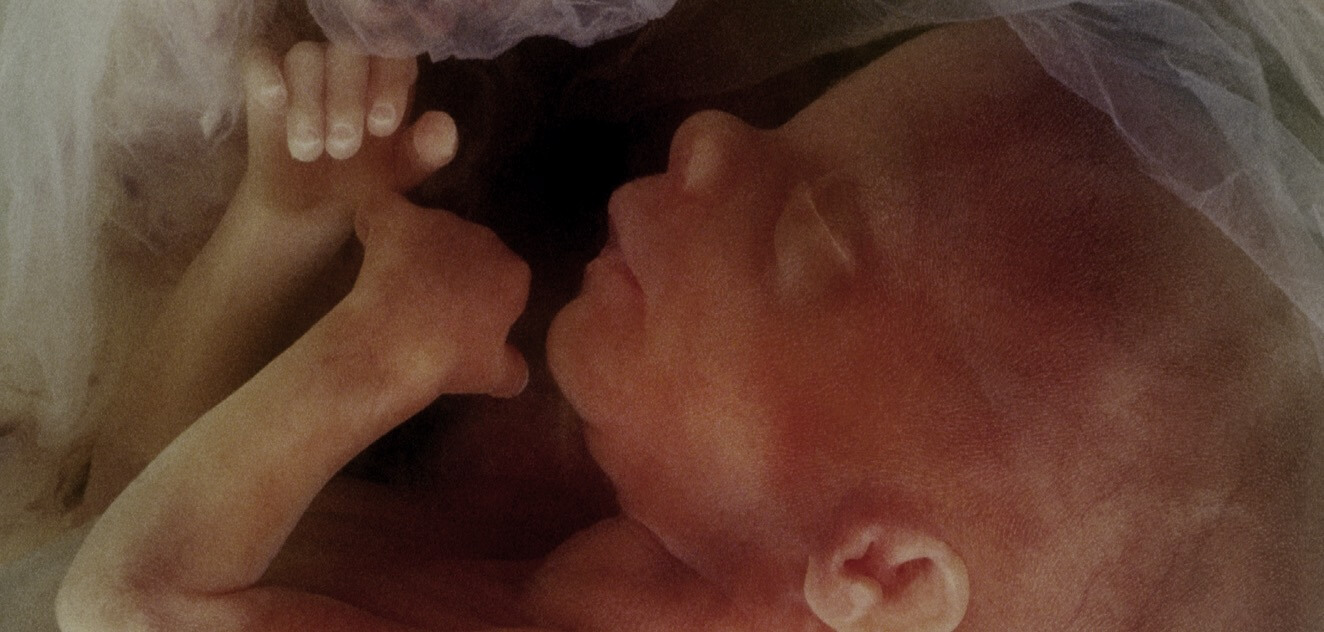A group of MPs led by pro-life MP for Congleton and lawyer Fiona Bruce, have today released a report which calls for new guidance related to abortion provision given new developments around the understanding of when unborn babies could begin feeling pain.
The report has been released following an Inquiry that was undertaken by the All Party Parliamentary Pro-Life Group into foetal sentience and pain. Along with undertaking an analysis of the current evidence around fetal pain and development, the Inquiry heard evidence from a number of prominent experts in the field.
The report has recommended that mothers facing invasive procedures, including abortions, which affect an unborn child during pregnancy are provided with updated information on the development of the unborn child.
The report also makes a number of recommendations regarding changes to current guidance from the Royal College of Obstetricians and Gynaecologist (RCOG). This includes:
- That the RCOG update its guidance to outline that pregnant woman undergoing and abortion/foeticide, or other procedures, should be made aware that, from the second trimester (13 weeks), there is a risk the baby feels pain.
- Similarly, that the RCOG update its guidance to outline that pregnant woman undergoing and abortion/foeticide, or other diagnostic and therapeutic procedures from the second trimester (13 weeks) be offered the option of analgesia for the unborn child
- Given a greater level of medical consensus at later gestations, the RCOG should update its guidelines to require the use of analgesia for all abortions from 18 weeks gestation.
Currently, the Royal College of Obstetricians and Gynaecologists author all clinical guidelines for UK abortion providers. They rely on a 2010 review they undertook into fetal awareness when providing guidance to abortion providers on whether unborn children in an abortion can feel pain.
They claim that the unborn baby is in an unconscious state and does not reach consciousness until birth. They have been criticised for this conclusion being based on the evidence from only one paper from 1986, an experiment on sheep foetuses exposed to low oxygen levels.
But two medical researchers, including a ‘pro-choice’ British pain expert who used to think there was no chance unborn babies could feel pain before 24-weeks, say recent studies strongly suggest the assumption is incorrect.
In an article, published in the influential Journal of Medical Ethics, the researchers say there is now “good evidence” that the brain and nervous system, which start developing at 12 weeks’ gestation, are sufficient enough for the baby to feel pain.
They argue that women considering an abortion at this stage of pregnancy should be told about the pain their unborn baby could experience while being terminated.
Noting the increased concerns of women over the pain unborn babies may experience, they say medical staff should ask if the woman wants the baby to be given pain relief.
To carry on regardless of new evidence “flirts with moral recklessness,” they add.
Currently, the use of pain relief during an abortion in the UK is not required by law or suggested in official guidelines. This in itself is contradicted by the standard NHS practice of giving painkillers to unborn babies receiving surgery in the womb for spina bifida.
The lead author of the article is British professor Stuart Derbyshire, who has acted as a consultant to the US’ largest abortion provider – Planned Parenthood – and the Pro-Choice Forum in the UK.
In 2006, he wrote in the British Medical Journal that not talking to women seeking abortions about pain experienced by unborn babies was “sound policy based on good evidence that foetuses cannot experience pain”.
However, due to recent studies, he says “it is now clear that the consensus is no longer tenable.”
Professor Derbyshire and Dr Bockmann advise: “Given the evidence that the foetus might be able to experience something like pain during later abortions, it seems reasonable that the clinical team and the pregnant woman are encouraged to consider foetal analgesia [pain relief].”
The two medics add that their own “stark differences” on the morality of abortion “should not interfere with discussion of whether foetal pain is possible”.
Pro-life groups and leading politicians have called for a parliamentary review on abortion time limits, noting that the last debate had on this issue was in 2008 before any new evidence had come to light.
Calls for a review of time limits were quickly rejected by the UK’s largest abortion provider, the British Pregnancy Advisory Service, who boldly told the Mail on Sunday: “There is nothing in this paper which would lead to a change in practice.”
The Royal College of Obstetricians and Gynaecologists declined to comment.
This is in contrast to the French College of Obstetricians and Gynaecologists guidelines which state:
[English translation]: “Fetal analgesia is justified by pain stimulation in case of an intracardiac puncture, but also because the injection of KCl [potassium chloride] or death itself can be painful.”
A national survey of French pre-natal diagnosis centers revealed that for late-term abortions 97% of abortion clinics or hospitals surveyed will always give unborn babies pain relief prior to administering a lethal injection that induces a heart attack (known as feticide).
A spokesperson for Right to Life UK Catherine Robinson said:
“17,913 women in the UK underwent an abortion at 13 weeks or later, in 2018, without any guidance mandating the use of pain relief for the unborn baby at any age. Yet, babies undergoing correctional surgery in the womb for Spinal Bifida, from 20 weeks gestation, will experience minimal pain as they’ll be administered pain relief.
“Why is there this discrepancy? Perhaps it is because the provision of painkillers to a baby that is about to have their life ended would help bring home the reality of abortion. To recognise their pain would have a deeply humanising effect on unborn babies, which is something that abortion supporters are keen to avoid. It would acknowledge that there is another human being who is being denied their right to life, while they are at their weakest and most vulnerable.”












